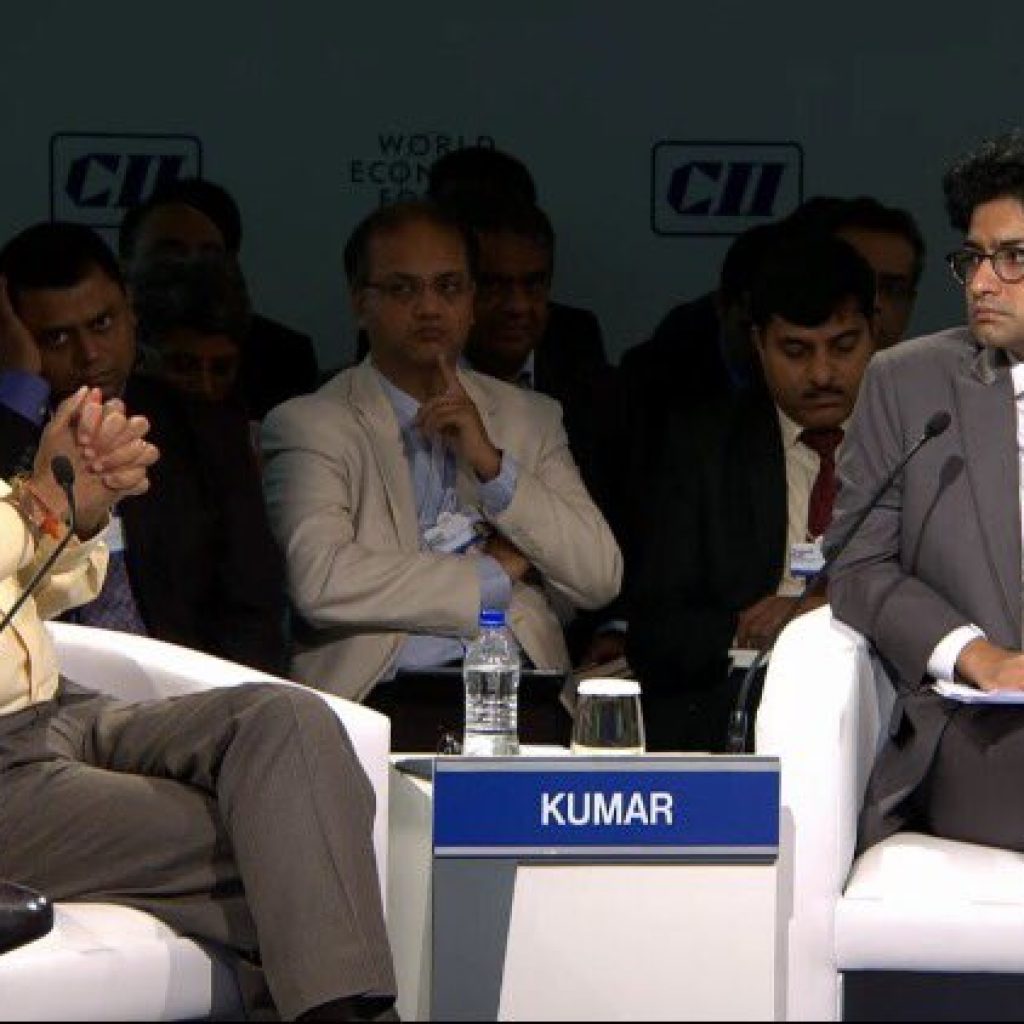
A signalling system upgrade on congested routes has helped the Indian Railways to reduce the travel time of 14 premier trains, including the Rajdhani Expresses from the national capital to Howrah and the Patna and Delhi-Amritsar Shatabdi.
A total of 350 Mails/Expresses and 74 Superfast trains, including Rajdhanis and Shatabdis, are now reaching destinations 5-25 minutes before time because of removal of bottlenecks and rationalisation of timetable, said a senior railway ministry official.
The journey time of Rajdhani services for Bhubaneswar, Sealdah and Dibrugarh and Chennai-Coimbatore and Howrah-Puri Shatabdi trains has come down due to the improvement in the signalling system.
The official said the Route Relay Interlocking (RRI) system was installed on busy routes to ensure faster movement of trains and this has resulted in reduction in journey time of several trains.
Route Relay Interlocking system is used in large and busy stations that have to handle high volumes of train movements. Under the system, an entire route through the station can be selected and all the associated points and signals along the route can be set at once by a switch for receiving, holding, blocking, or dispatching trains.
Interlockings operate solely without a human operator. “We have managed to save total 130 minutes in 12 Rajdhani trains and 60 minutes in six Shatandi trains due to various measures being undertaken in a gradual manner,” he said, adding that “major changes were carried out at Allahabad junction, the most congested section, to speed up services.”
Besides, construction of rail overbridges, underbridges and limited height subways at many level crossings on the busy routes resulted in doing away with halting time. The reduction in journey time has been included in the new timetable, effective from 1 October.
